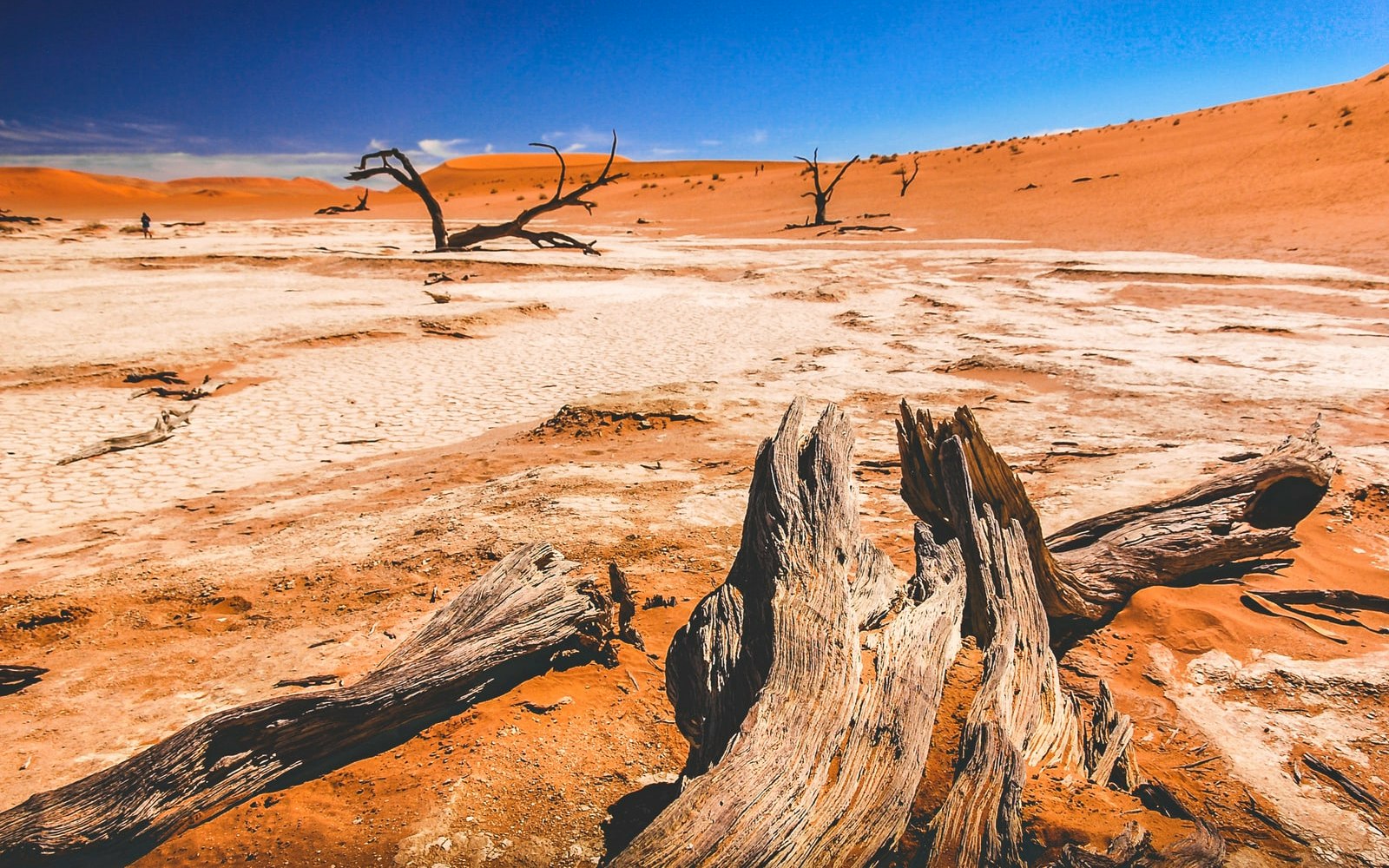The Looming Water Crisis

Across the world, water is a precious resource, and it’s only going to become more and more valuable and coveted as climate change takes its course. Right now, one-fifth of the world population lives in an area of water scarcity. According to Water.org, 844 million people around the world do not have access to a safe water source, and a million people die each year from water, sanitation, and hygiene-related issues. A child dies every two minutes from a water-related disease. We face a water crisis on unprecedented levels, and only immediate and comprehensive actions can fix it.
The situation may seem incomprehensible to those living in more privileged parts of the world or areas that have never had to face resource scarcity, but more and more areas around the globe will be facing these types of issues as the climate continues to be warmed by humanities actions. Estimates show that up to half of the world’s population will face water stress by 2025, and 1.8 billion people will live in areas with absolute water scarcity according to Supriya Kumar. The numbers show no signs of slowing, as the UN reports that water usage globally is growing at twice the speed of the population and the warming world leaves less of the very important resource.
Community and government upheaval linked to climate change have already begun and have sparked some of the world’s most pressing humanitarian crises. For example, the disastrous war in Darfur was incited by disputes over precious farming areas and freshwater. The conflict led to a genocide, which has killed around 500,000 people. According to the New York Times the Syrian civil war fueled after major droughts pushed rural Syrians into the cities. The horrible war has become one of the world’s worst humanitarian crises in recent years and continues to create some of the worst violence the world has ever seen. Water scarcity was even a major factor in the Arab Spring uprisings according to the Center For American Progress. Water scarcity has caused some of the most horrible crises in our age, and will continue to cause unimaginable suffering if the issue is not addressed.
In the city of Chennai, India, the four main reservoirs have run completely dry. Offices and homes are trying their best to preserve water, but water is running low everywhere in India’s sixth-largest city. Clashes between neighbors have broken out over the invaluable resource, and police have arrested a man who stabbed his neighbor over water, the BBC reports. Future conflicts could continue to be centered around water, as countries’ access to it becomes a point of national security, like when the then-president of Egypt Mohemed Morsi declared that access to the Nile River was a national interest and threatened war in June of 2013 in response to a possible dam being built upstream by Ethiopia.
In conjunction with political and international tensions, water issues related to climate change can affect the immediate health of individuals. The CDC warns that as water levels decrease, the concentration of harmful pollutants in water increases, which can lead to reduced oxygen levels in the water, killing the fish and diminishing water quality. the CDC reports. If these pollutants don’t end up in the rivers and streams, the dry land will allow the contaminants to be carried to crops. When natural rivers and streams lose their water, animals seek out water in other places, bringing humans into increased contact with animals potentially carrying deadly mosquito-borne diseases.
As more CO2 is pumped into our atmosphere, the air becomes warmer. Warmer air has a higher dew point and therefore holds more moisture. As the air is warmed, the water vapor molecules are warmed at the same time. This gives the molecules more energy, making it less likely that they will condense into liquid water. In turn, the air needs more water vapor for it to condense, which causes less frequent precipitation. The atmosphere’s newfound, insatiable appetite for moisture is throwing areas around the world into near-permanent drought. Long-lasting droughts are civilization enders. These droughts, coupled with the manipulation of forest biomes, have increased both the frequency and severity of wildfires fires, which themselves release more CO2 into the atmosphere. This doesn’t even touch on the hundreds of deaths, and the billions of dollars in damage these catastrophic fires cause.
All around the world, water reserves are drying up. This shortage will spark violence on a massive scale, leading to the deaths of millions. Public health epidemics will tear through humanity. Violence and disease could potentially cripple our world and create a situation worse than can be imagined. Right now, humanity is at the biggest crossroads it has ever faced as a species, if someone tells you we’ve been here before, they either don’t understand the situation or they are delibertly misleading you. The realities of capitalism and modern human civilization are sending the Earth hurtling towards a 3C° temperature increase like a runaway train off its rails. These problems must be addressed immediately and without concern for whether or not the solutions are politically popular or whether it requires significant change to our system. Either the system dies, or we die. Humanity’s clock is ticking down, and we have to make a choice. It may be the last one our species ever makes.